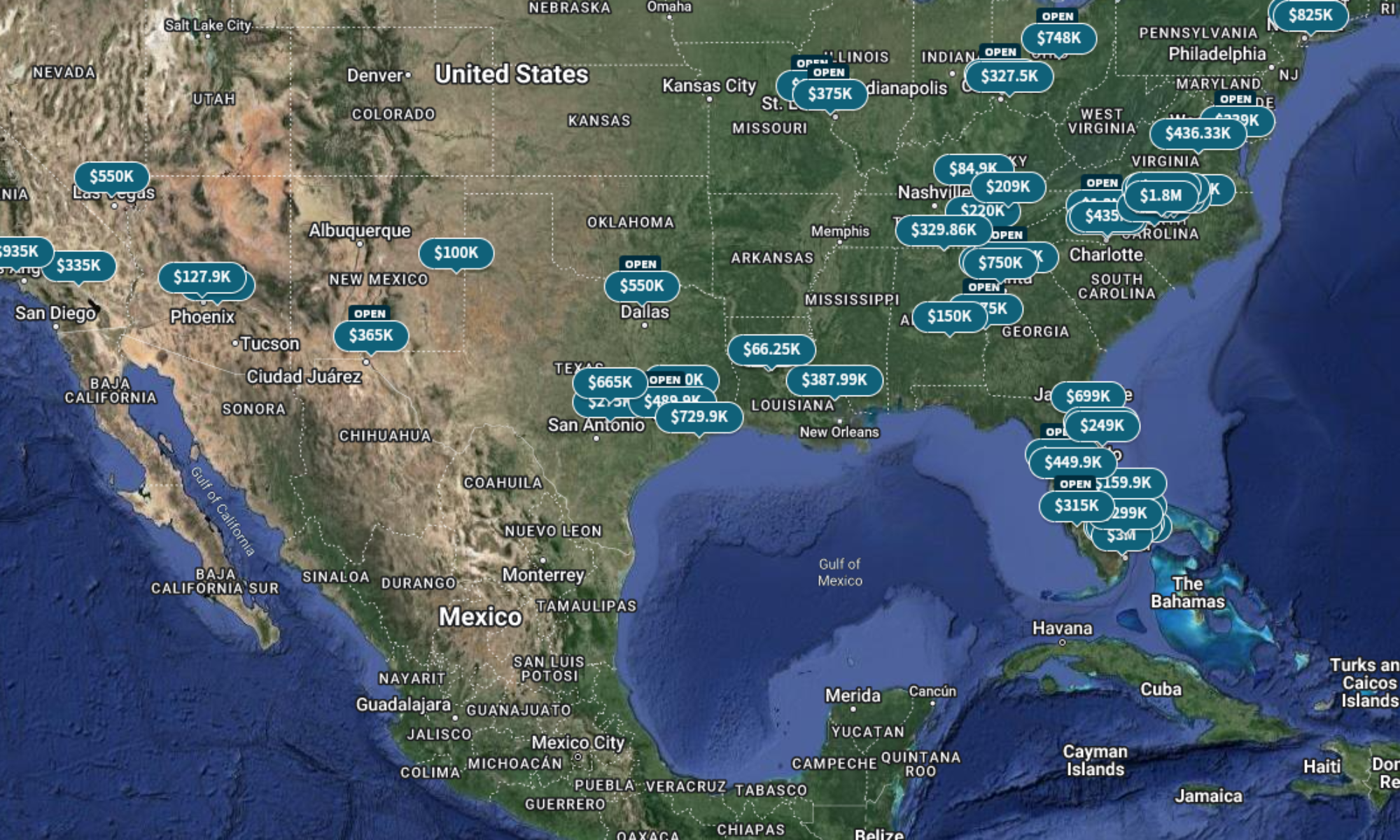
I hope everyone is doing well. I am learning the ins and outs of being a REALTOR®. The kids are preparing to go back to school with a staggered schedule and a blend of virtual and in-person learning. AND, no extracurricular activities such as marching band, various band and choir competitions, etc.
This will be far different from what they are used to. They hesitant about their ability to do school work consistently outside of a classroom environment. We will have to help them to develop new habits to successfully reach their goals. Which brings us to our topic: Habits and How to Change Them.
Habits & Productivity
I recognized that habits are responsible for productivity at a young age. I grew up with undiagnosed ADHD and had trouble focusing on any given task. I would generally get bored and move on to something more exciting.
My maternal grandfather, whom I am named after, recognized this and pulled me aside to tell me a story one day. He told me of Bethlehem Steel and how they worked and worked, but just couldn’t seem to make progress. After continued diminishing profits and increased backlogs, the CEO brought in a consultant to tell him what the problem was. The consultant studied the company’s business and reported back to the CEO. His findings were that across the company, tasks were started, then paused, to jump to other tasks. This happened over and over again, delaying production.
His recommendation was to prioritize the tasks needing to be accomplished, with the most important task at the top of the list. But the biggest change was that they could not move on to another task until the current task was completed.
This practice was implemented and Bethlehem Steel went on to become the second largest steel company in the US.
This story had a big impact on me in that it drove me to develop the habit to focus on a task until either it was completed or nothing more could be done with it.
In researching the details of the Bethlehem Steel story, I discovered some interesting things. This happened over 100 years ago, (1918), Charles Schwab was the CEO, and the practice that turned things around is called “The Ivy Lee Method”. While Mr. Schwab may sound familiar, the ILM did not, but I recognized it as the basis for a lot of time management programs. Making a prioritized list is now a common approach for productivity.
The ILM requires that at the end of each day, you make a list of the six most important tasks that need to be accomplished the next day. Then you complete the first item before moving on to the next item. Any leftover items on the list move to the next day’s list.
This method is lauded as being simple to follow, so that makes it effective when practiced. But sometimes, having too many “To Dos” becomes daunting. It can become an impenetrable wall discouraging you from doing more.
Gary Keller ran across this when he was building Keller Williams Realty. What he realized, is that your list should only be comprised of one thing, as described in his book, The One Thing. That method involves doing the one thing that makes everything else in your day easier/better/more productive.
Knowing vs. Doing
Based on the ILM, The One Thing, and various models, it seems we have many models to follow to accomplish our daily goals. We know what needs to be done. Or at least can easily find out/figure out those things.
Some people find the real struggle is actually doing them. I find that it all boils down to what you are willing to do to achieve your goals. Excuses get made as to why you aren’t, can’t, or won’t do something. But they are just that: EXCUSES.
Here is something else that stuck with me from when I was younger: a Stephen King short story called “Survivor Type”. The story is a bit disturbing and somewhat gory, as Stephen King stories are want to be.
Synopsys: A doctor is stuck on an atoll after some bad decisions that ruined his life. He is determined to live. He then proceeds to do disturbing things to survive.
When I read this story, the question that kept running through my mind was “What would you be willing to do to accomplish your goals?” To me, that is the take-away.
If you are in the habit of staying in your comfort zone and your focus changes like a leaf blowing in the wind, it will be hard to accomplish your goals.
Habits
The first step is to have a goal.
Then have a heart- to- heart with yourself to determine what you are willing to do to achieve your goal.
Start practicing a model that will help you reach your goal. Do it daily.
Eventually, the practice of the model will become a habit. This is how you succeed.
And, as always, let me know what you think in the comments. Ask questions, tell your story.
If you like my posts, please share them with others and subscribe to this blog.

